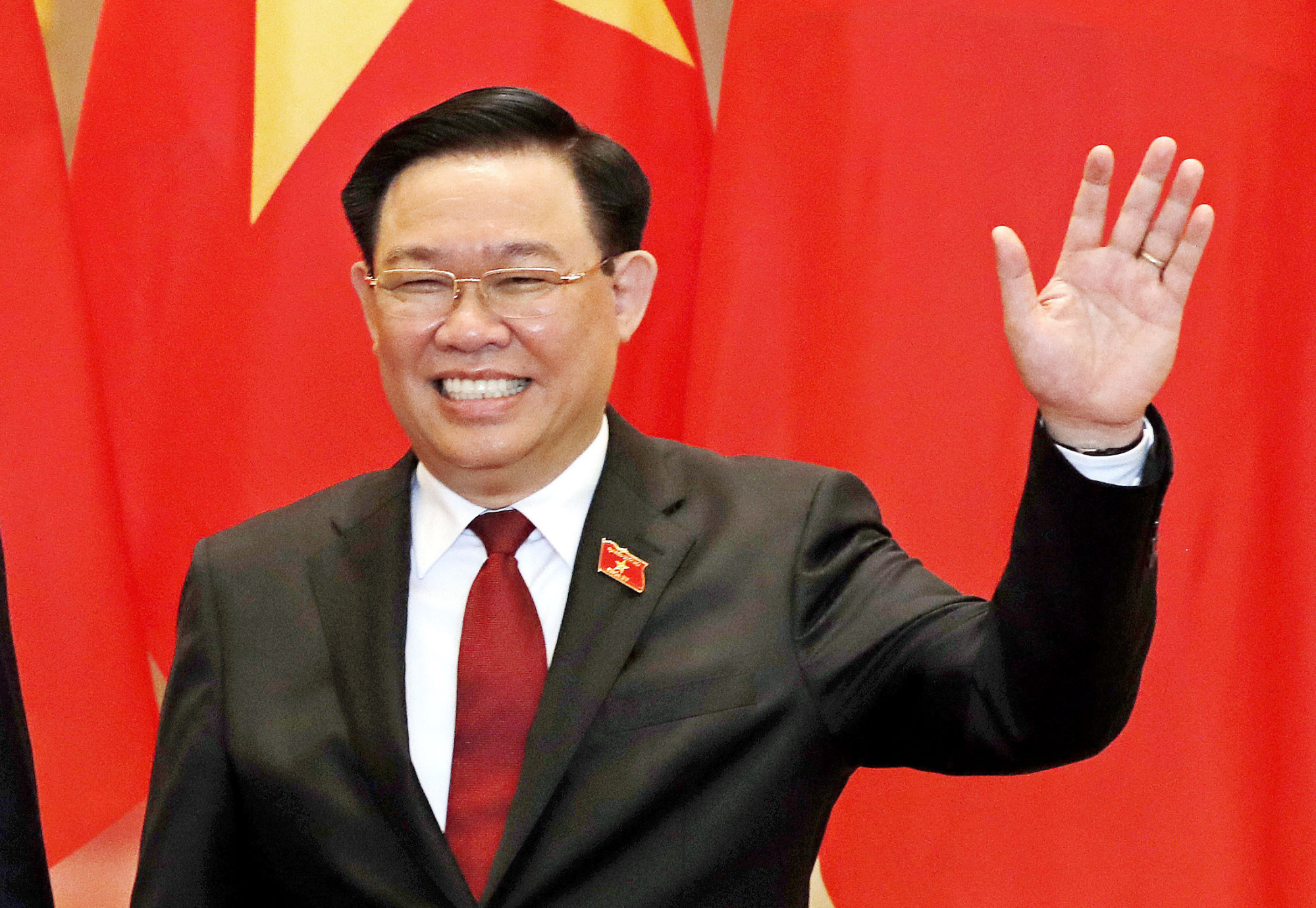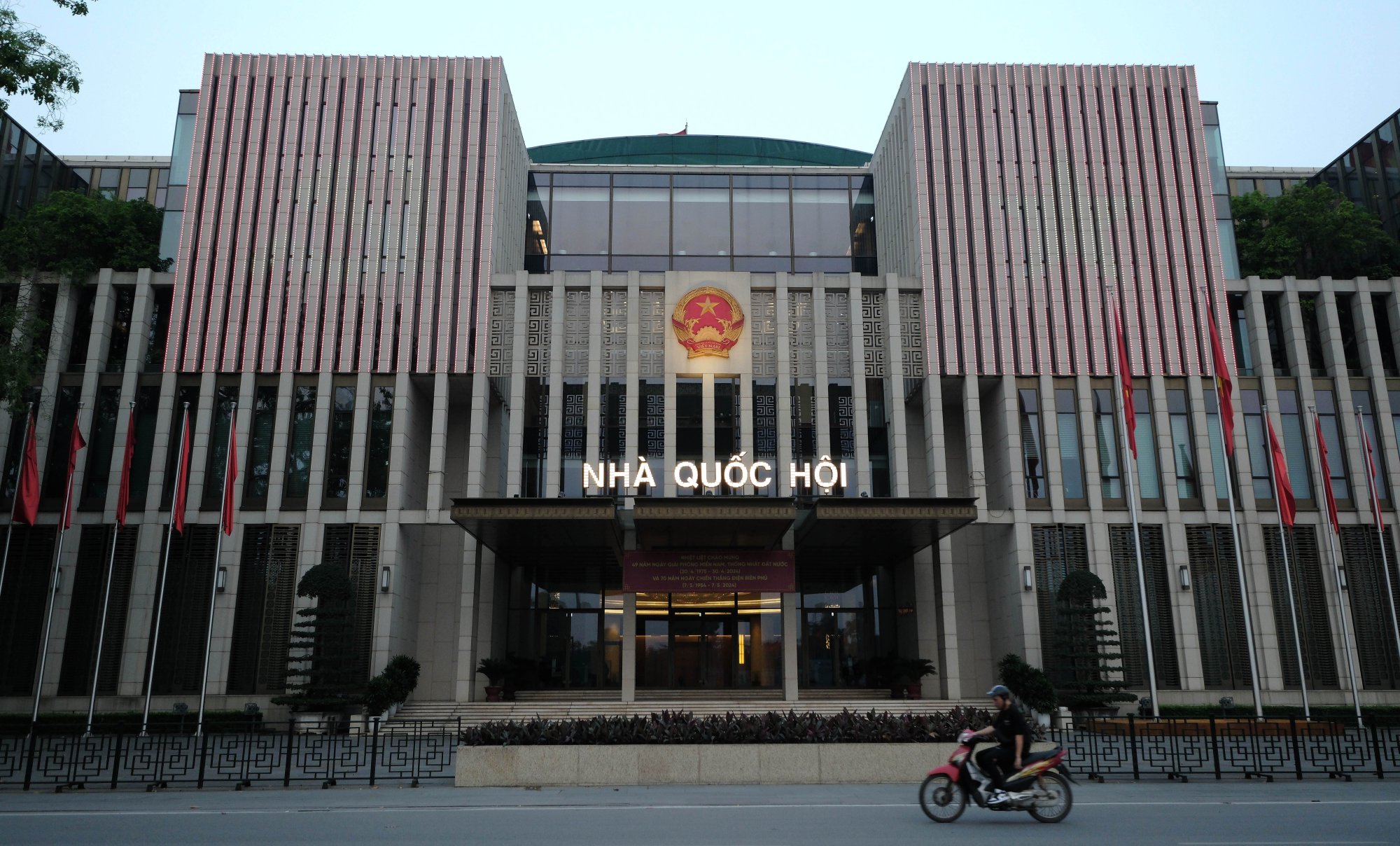Vietnam’s National Assembly on Monday elected Tran Thanh Man as its new chairman, one of several key changes in an ongoing reshuffle of the country’s top leadership.
Man, 61, who had served as deputy speaker of the house since 2021, replaces Vuong Dinh Hue, who resigned last month over unspecified “violations and shortcomings”, one of three top party officials to exit since March.
“It is a huge honour … I will devote myself to serving the people,” he told the assembly after the vote.
Two presidents and a parliament speaker have stepped down in less than 18 months amid an escalating anti-graft campaign in the communist-ruled country. The positions are among Vietnam’s four “pillars” of leadership.
Man, who was backed by all 475 lawmakers present at the house vote, holds a doctorate in economics and had earlier served as chairman of the Mekong Delta province of Can Tho. He was admitted to the powerful Politburo in 2021.
Man’s nomination for the post was announced at the weekend alongside that of a new state president, police minister To Lam, who is expected to be endorsed later this week by the assembly, which is holding a month-long session. The votes are largely a procedural step.

Man, previously the assembly’s deputy chairman, succeeds Vuong Dinh Hue, who stepped down last month because of “violations and shortcomings”, according to the party.
He has not yet served a full term in the politburo, after joining in 2021, which is unusual for a top leader in Vietnam.
According to Nguyen Khac Giang, visiting fellow at ISEAS-Yusof Ishak Institute in Singapore, that will mean he has “less authority to really assert his influence over the National Assembly”.
By comparison, his predecessor “was a very strong chairman … He confronted the government, he initiated many ideas, and he forced the government to be accountable in some cases,” Giang said.

The anti-graft campaign, dubbed “blazing furnace” and led by the party’s long-serving General Secretary Nguyen Phu Trong, has seen thousands of officials and high-profile business executives prosecuted or forced to step down.
The party last week named four new members of the Politburo, the country’s top decision-making body, after removing its fifth-ranking leader Truong Thi Mai from the group, the sixth to leave the Politburo since late 2022.
With the resignation of Mai, the once 18-strong politburo fell to 12 after also losing two presidents, the National Assembly chairman, a deputy prime minister and the head of the party’s economic commission in the past 18 months.
However, the party appointed four new members shortly afterwards, including Bui Thi Minh Hoai, who replaced Mai as the only woman in the politburo.
The political upheaval is highly unusual in Vietnam, where for years all changes were carefully orchestrated with an emphasis on cautious stability.

